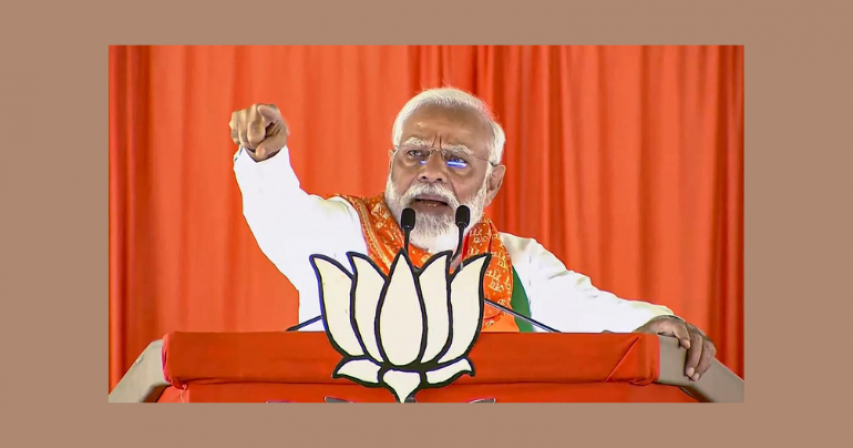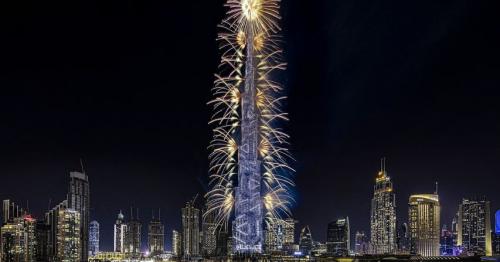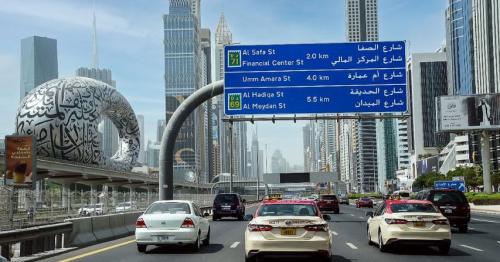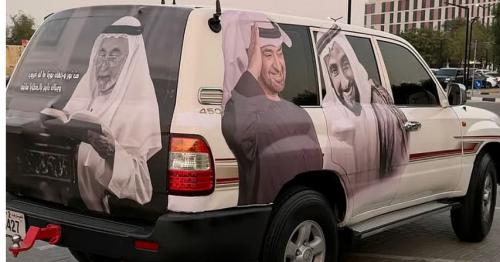Controversy Erupts Over PM Modi's WhatsApp Letter to Residents in UAE

In a surprising turn of events, residents in the UAE, including Indian expatriates and individuals of various nationalities, found themselves on the receiving end of a WhatsApp message from an Indian number over the weekend. The message, accompanied by a PDF attachment featuring a letter from Indian Prime Minister Narendra Modi, sought feedback and suggestions on the Indian government's schemes and initiatives. While some recipients were pleasantly surprised by the outreach, others, particularly non-Indians, raised concerns about privacy and questioned their involvement.
Prime Minister Modi's letter, issued on the eve of the general elections announcement, emphasized the importance of citizen input in building a prosperous India. However, many recipients, like Dubai-based Pakistani journalist Asma Zain and Pakistani resident Fahad Siddiqui, expressed bewilderment over the message's relevance to them. Asma Zain questioned the necessity of her input, especially considering her nationality, while Fahad Siddiqui found the entire situation perplexing.
Similarly, a British resident of Dubai, who recently visited India for work, received the message and initially assumed it was related to his professional engagements. The widespread distribution of the message raised questions about how the Indian government obtained recipients' numbers, with some individuals expressing concerns about privacy breaches.
Prime Minister Modi, seeking a third term in office, has outlined ambitious goals for the Bharatiya Janata Party (BJP) and its allies, aiming to secure over 400 seats in the upcoming elections. Central to the BJP's campaign is the promise of a developed India by 2047, encapsulated in the Viksit Bharat agenda, which emphasizes social changes, technological innovations, and economic reforms.
Addressing recipients as "my dear family members," in line with the BJP's narrative of "Modi Ka Parivaar" (Modi's family), the Prime Minister highlighted the transformative impact of government schemes on people's lives as a significant achievement. However, opposition parties criticized the BJP's outreach efforts, alleging political propaganda disguised as citizen feedback. The Kerala Congress denounced the attached PDF as mere campaign material and accused Prime Minister Modi of misusing government resources for political gain.
Congress lawmaker Shashi Tharoor took to social media to share screenshots of a LinkedIn post by UAE-based consultant Anthony J Permal, who criticized the WhatsApp message as a violation of privacy laws and etiquette. Anthony questioned how the BJP and the Indian government obtained recipients' numbers and expressed concerns over the mass distribution of the message to non-Indians.
In February, BJP president J P Nadda launched 'Viksit Bharat Modi ki guarantee' video vans, soliciting suggestions from citizens nationwide to shape the party's manifesto for the forthcoming Lok Sabha elections.
The controversy surrounding the WhatsApp message underscores the intersection of politics, technology, and privacy concerns in the digital age. As the Indian general elections draw closer, debates over the ethicality of government outreach efforts and the protection of individuals' privacy are likely to intensify.
In conclusion, the unexpected WhatsApp message from Prime Minister Modi has sparked controversy among residents in the UAE, highlighting broader issues related to data privacy and political campaigning in the digital era.
By: Sahiba Suri





Comments